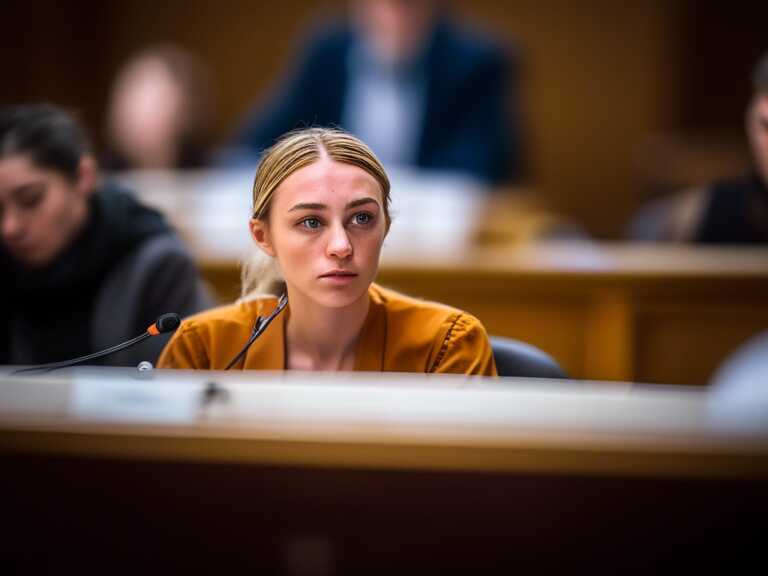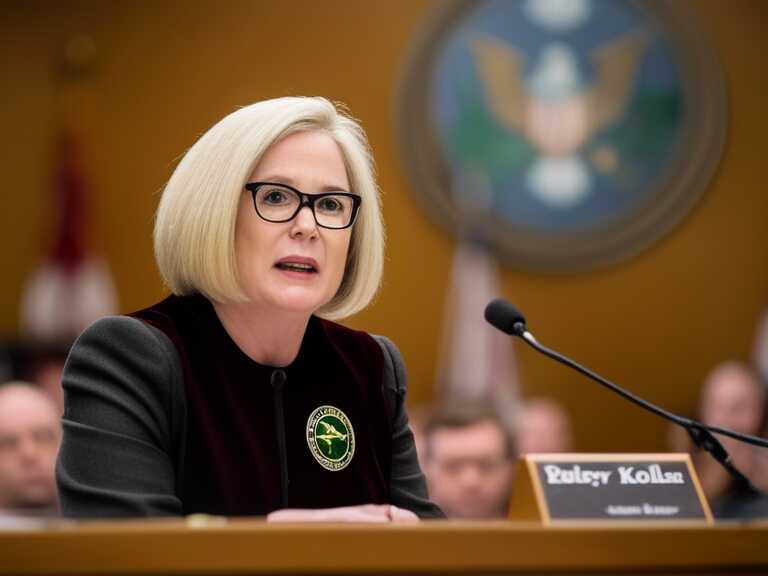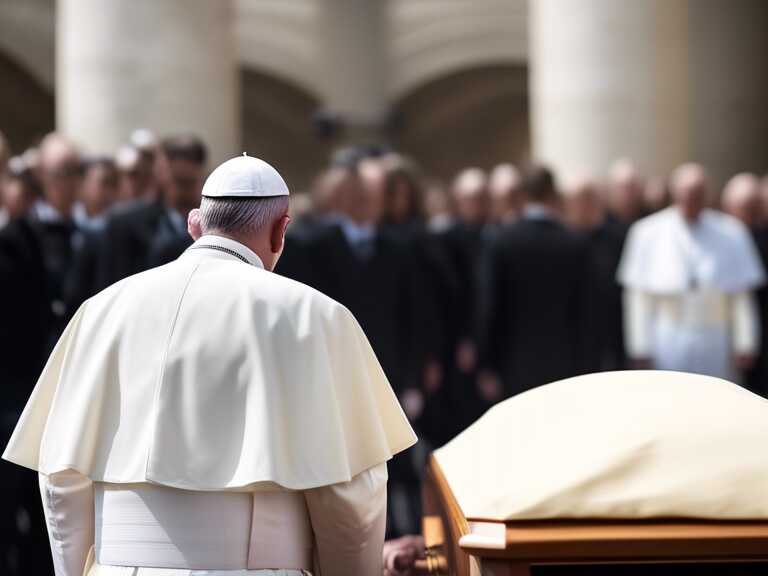
Federal Judge Blocks Key Provisions of Trump’s Executive Order on U.S. Elections
A federal judge blocked parts of Trump's executive order on U.S. elections, ruling against citizenship proof for voter registration and other provisions.

In a significant legal ruling, a federal judge has blocked key provisions of President Trump's executive order aimed at reshaping U.S. elections. The ruling, delivered by U.S. District Judge Colleen Kollar-Kotelly, halts the implementation of certain measures that would have imposed documentary proof of U.S. citizenship as a requirement for federal voter registration. The judge's decision comes as a response to a challenge brought forth by various plaintiffs, including voting rights organizations and the Democratic Party.
Judicial Intervention
In her 120-page opinion, Judge Kollar-Kotelly emphasized that the power to regulate federal elections is constitutionally entrusted to Congress and the states, not the president. She highlighted that the executive order exceeded the president's authority by attempting to dictate changes to an independent commission's responsibilities. The ruling effectively puts a stop to the administration's efforts to impose additional requirements on federal voter registration, citing potential violations of established laws.
Legal Background
The executive order, issued by President Trump, sought to introduce measures aimed at enhancing election integrity, including the imposition of citizenship verification on federal voter registration forms. However, the judge found that the president's directives overstepped the bounds of executive power, infringing upon the legislative authority vested in Congress. The ruling underscores the importance of maintaining a clear separation of powers in the governance of federal elections.
Reactions to the Ruling
The judicial decision has been met with a mix of reactions, with advocacy groups hailing it as a victory for voter rights and democracy. Representatives from various organizations expressed their approval of the ruling, viewing it as a safeguard against potential disenfranchisement of eligible voters. The American Civil Liberties Union, along with co-counsel partners, underscored the significance of the decision in protecting the rights of individuals who may face challenges in providing citizenship documentation.
Implications for Federal Elections
The blocked provisions of the executive order aimed to implement additional hurdles for individuals seeking to register to vote at the federal level. By imposing documentary proof of citizenship and assessing the citizenship of public assistance program recipients before providing federal voter registration forms, the administration's directives were seen as potential barriers to voter participation. The judicial ruling effectively nullifies these measures, preserving the accessibility of federal voter registration to eligible individuals.
Legal Landscape Ahead
As the legal battle unfolds, it remains to be seen whether the Trump administration will seek to overturn the ruling through an appeal. The decision marks a pivotal moment in the ongoing discourse surrounding election integrity and the balance of power in the regulation of federal elections. With the judicial intervention effectively blocking the implementation of key provisions, the focus now shifts to the broader implications for the political landscape and the potential for further legal challenges in the realm of electoral governance.
Share news














